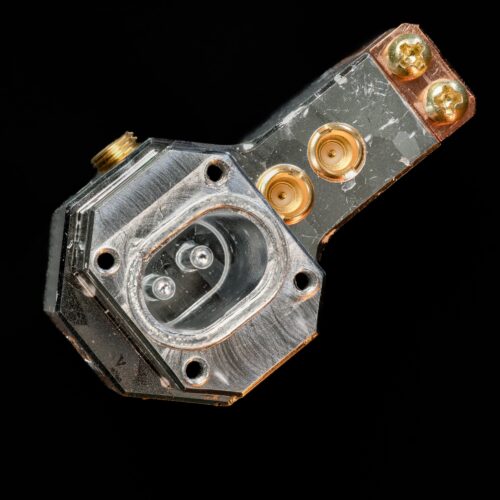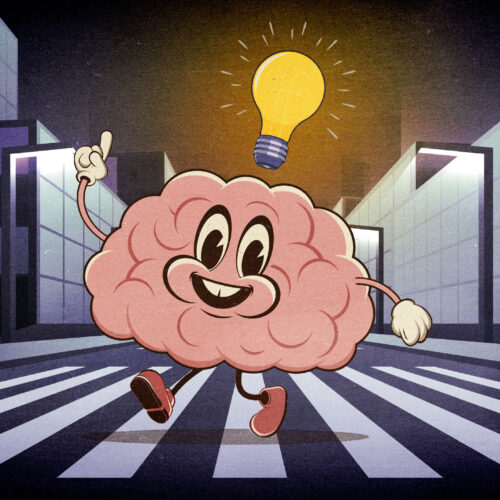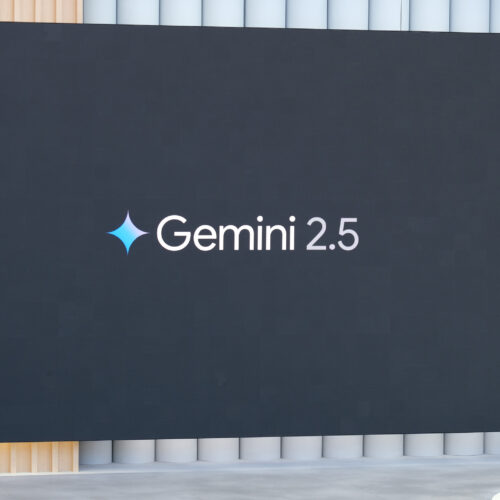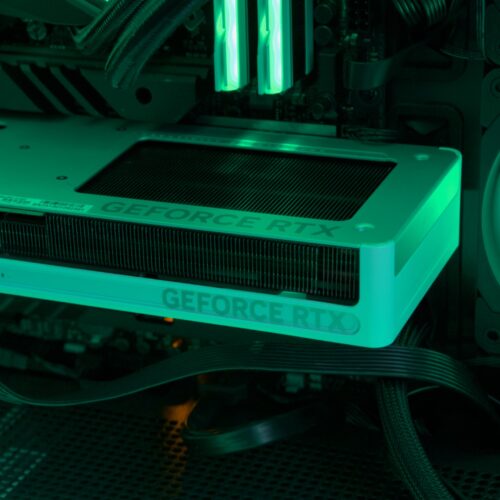Millions of low-cost Android devices turn home networks into crime platforms
Millions of low-cost devices for media streaming, in-vehicle entertainment, and video projection are infected with malware that turns consumer networks into platforms for distributing malware, concealing nefarious communications, and performing other illicit activities, the FBI has warned.
The malware infecting these devices, known as BadBox, is based on Triada, a malware strain discovered in 2016 by Kaspersky Lab, which called it "one of the most advanced mobile Trojans" the security firm's analysts had ever encountered. It employed an impressive kit of tools, including rooting exploits that bypassed security protections built into Android and functions for modifying the Android OS's all-powerful Zygote process. Google eventually updated Android to block the methods Triada used to infect devices.
The threat remains
A year later, Triada returned, only this time, devices came pre-infected before they reached consumers’ hands. In 2019, Google confirmed that the supply-chain attack affected thousands of devices and that the company had once again taken measures to thwart it.


© Getty Images



















